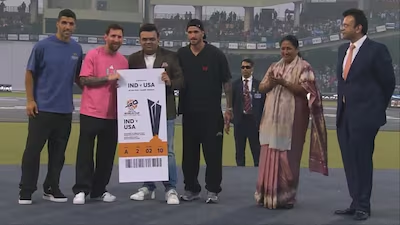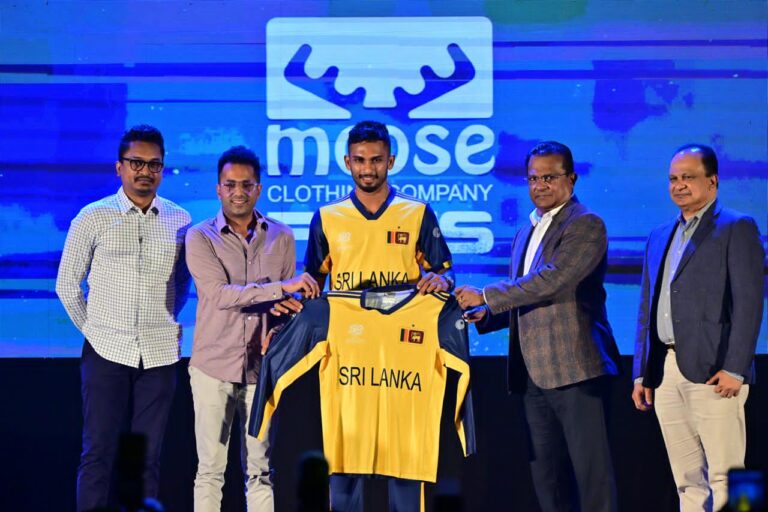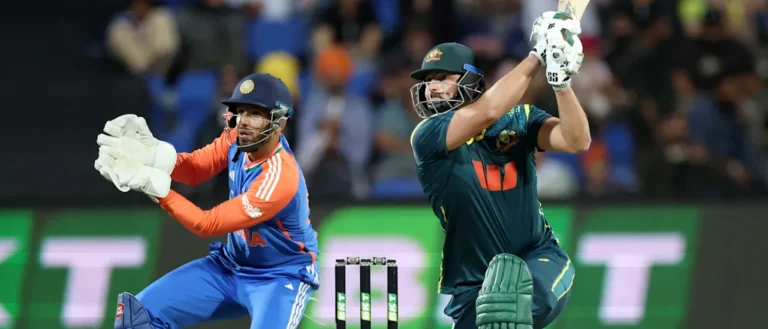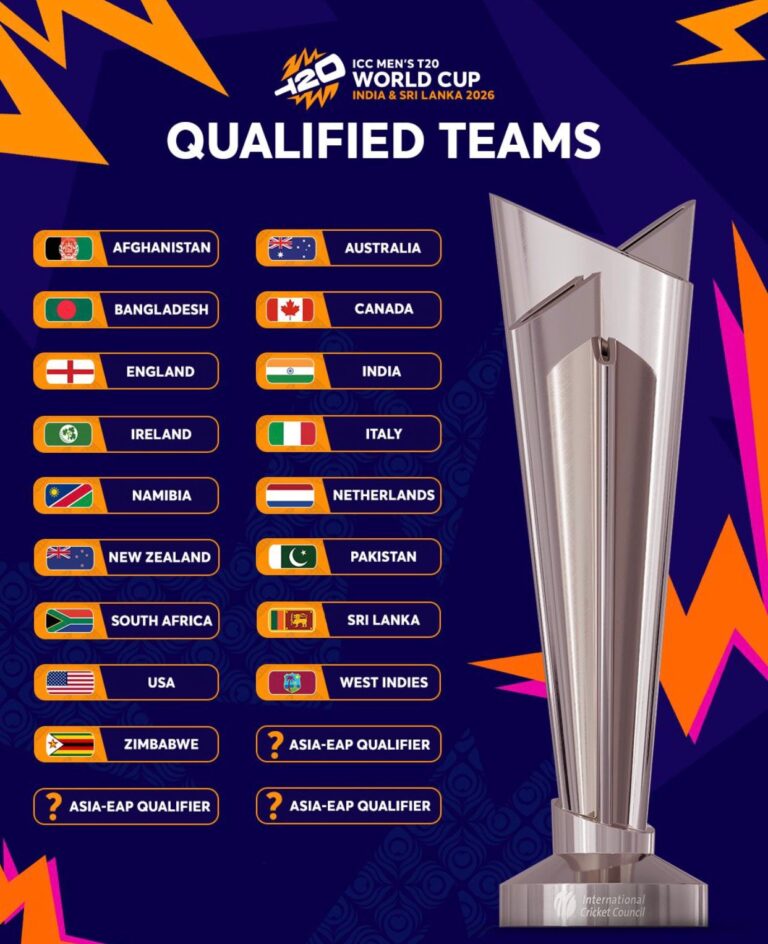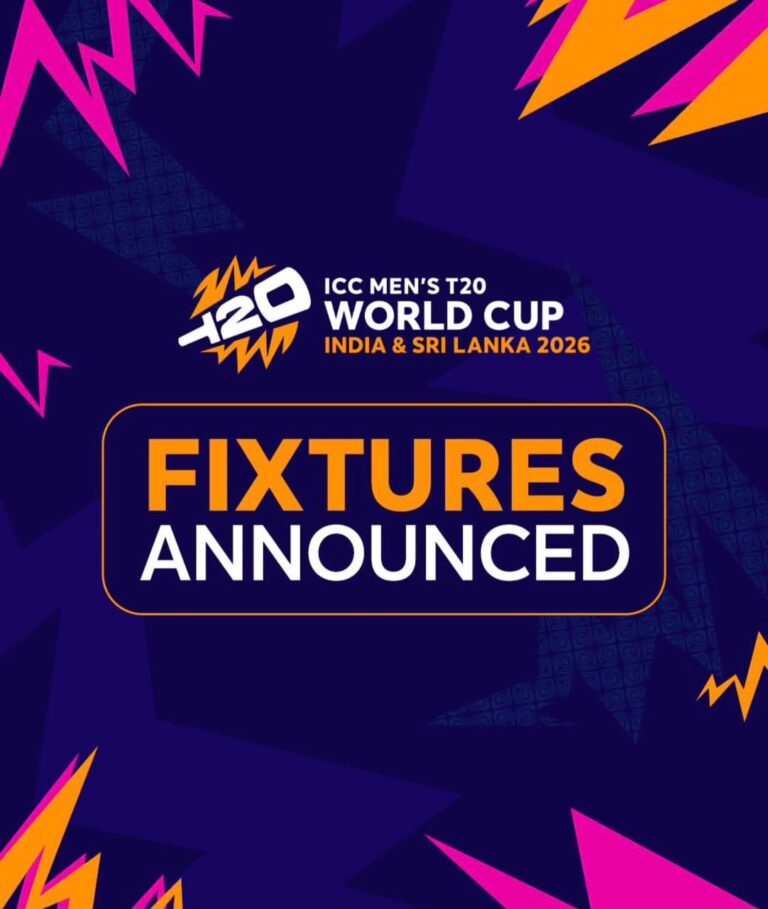2026 T20 World Cup Schedule: Complete Tournament Guide with Venues, Dates & Final Details
The cricket world is buzzing with anticipation as the 2026 Men’s T20 World Cup prepares to deliver another spectacular tournament. Scheduled from February 7 to March 8, 2026, this historic edition will be co-hosted by India and Sri Lanka, promising 30 days of non-stop cricket action across the subcontinent.
Tournament Overview: Key Details at a Glance
Essential Tournament Information
- Duration: February 7 – March 8, 2026 (30 days)
- Host Nations: India and Sri Lanka (co-hosting arrangement)
- Total Teams: 20 participating nations
- Format: Same successful format as 2024 edition
- Venue Distribution: At least five venues in India and two in Sri Lanka
- Defending Champions: India (2024 winners)

Strategic Tournament Timing
The decision to hold the tournament from February 7 to March 8 ensures it precedes the IPL, tentatively scheduled from March 15 to May 31, 2026, creating a seamless transition between global and franchise cricket. February and March represent ideal cricket conditions across both host nations, with perfect weather for high-quality cricket.
Revolutionary Venue Arrangements: Pakistan Factor Changes Everything
Historic ICC Agreement Impact
The 2026 tournament features unprecedented venue arrangements due to recent diplomatic developments. In December 2024, following an agreement between the Board of Control for Cricket in India (BCCI) and Pakistan Cricket Board (PCB), the ICC confirmed that matches involving India and Pakistan at all ICC events hosted by India or Pakistan would be played at a neutral venue until at least 2027.
Final Venue Decision Matrix
The tournament’s most intriguing aspect revolves around the final venue selection:
| Scenario | Final Venue / Stadium Details |
|---|---|
| Pakistan reaches final | R. Premadasa Stadium, Colombo – Historic Sri Lankan venue with ~35,000 capacity |
| Pakistan doesn’t reach final | Narendra Modi Stadium, Ahmedabad – World’s largest cricket stadium with 132,000 capacity |
| Semi-finals involving Pakistan | Sri Lankan venues only – Ensuring neutral ground compliance |
Pakistan’s Complete Sri Lanka Schedule
As a result, any matches involving Pakistan in the 2026 Men’s T20 World Cup will be played only in Sri Lanka. This arrangement creates unique strategic implications:
For Pakistan:
- All group stage matches in Sri Lankan conditions
- Familiar playing conditions if reaching knockout stages
- Potential home-like support from Sri Lankan cricket fans
- Reduced travel fatigue within island nation
For Tournament Dynamics:
- Pakistan’s performance directly influences final venue
- Creates additional narrative tension throughout tournament
- Ensures compliance with diplomatic agreements while maintaining competitive integrity
Tournament Format: Proven Success Formula
Group Stage Structure
The tournament maintains the highly successful 2024 format structure:
20 Teams Divided Into:
- Four Groups of five teams each
- Round-Robin Format within groups
- Four Matches per team in group stage
- Top Two Teams from each group advance
Super Eight Stage
Advanced Competition Phase:
- Eight Qualified Teams split into two groups of four
- Three Additional Matches per team
- Higher Stakes with direct knockout implications
- Top Two Teams from each Super Eight group reach semi-finals
Knockout Stage Finale
Championship Culmination:
- Two Semi-Finals determining finalists
- Winner-Takes-All Final for T20 World Cup glory
- Pure Knockout Cricket at its most intense
Qualified Teams: Global Cricket Representation
Automatic Qualifiers (2 Teams)
Host Nation Privileges:
- India – Defending champions with home advantage
- Sri Lanka – Co-hosts seeking redemption on familiar soil
Super 8 Achievers (8 Teams)
2024 Tournament Standouts:
- Australia – Consistent T20 powerhouse
- England – 2022 champions with explosive batting
- South Africa – Proteas aiming to end trophy drought
- West Indies – Caribbean cricket legacy continuation
- Afghanistan – Spin bowling specialists
- Bangladesh – Asian cricket tigers
- USA – Cricket’s American success story
- New Zealand – Black Caps tactical excellence
Rankings-Based Qualifiers (3 Teams)
Merit-Based Selections:
- Pakistan – Unpredictable champions with immense talent
- Ireland – European cricket warriors
- Netherlands – Consistent European representatives
Regional Champions (2 Teams)
Continental Success Stories:
- Canada – Historic North American qualification
- Italy – Making their maiden World Cup appearance in any format
Venue Analysis: Cricket Heartlands Showcase
Indian Venues: Cricket Cathedral Expectations
While specific venues await official confirmation, India’s cricket infrastructure offers multiple world-class options:
Potential Indian Venues:
- Narendra Modi Stadium, Ahmedabad – World’s largest cricket venue
- Eden Gardens, Kolkata – Historic cricket fortress
- M. Chinnaswamy Stadium, Bengaluru – High-scoring venue
- MA Chidambaram Stadium, Chennai – Spin-friendly conditions
- Wankhede Stadium, Mumbai – Cricket’s emotional center
Playing Conditions Advantages:
- Diverse pitch characteristics across venues
- Ideal February-March weather conditions
- Passionate home crowd support
- World-class infrastructure and facilities
Sri Lankan Venues: Island Cricket Paradise
Confirmed Sri Lankan Hosting:
- R. Premadasa Stadium, Colombo – International cricket headquarters
- Pallekele International Stadium – Modern cricket facility
Strategic Venue Benefits:
- Tropical playing conditions favoring spin bowling
- Intimate cricket atmosphere enhancing player experience
- Pakistani team familiarity with conditions
- Reduced travel logistics for Sri Lankan fixtures
Remaining Qualification Battles: 5 Spots Available
Africa Regional Qualifier
Competition Details:
- Available Spots: 2 teams qualify
- Timeline: September 2025 qualifiers ongoing
- Key Contenders: Zimbabwe, Uganda, Kenya, Namibia
Asia-East Asia Pacific Qualifier
Final Qualification Phase:
- Available Spots: 3 teams qualify
- Competition Level: Most competitive regional qualifier
- Geographic Scope: Combined Asian-Pacific representation
Strategic Tournament Implications
India’s Home Advantage Dynamics
Defending Champions’ Benefits:
- Familiar playing conditions across multiple venues
- Massive home crowd support creating electric atmospheres
- Reduced travel fatigue with local ground knowledge
- Media and commercial support enhancing team confidence
Pressure Factors:
- Enormous expectations from passionate cricket fans
- Media scrutiny intensifying with home tournament hosting
- Historical weight of defending T20 World Cup title
- Need to perform consistently across different Indian conditions
Sri Lanka’s Redemption Opportunity
Co-Hosting Advantages:
- Home ground familiarity providing tactical benefits
- Local fan support energizing team performance
- Opportunity to showcase cricket infrastructure development
- Chance to reclaim T20 cricket prominence
Tournament Timing Strategy: Perfect Cricket Window
Climate Optimization Benefits
February-March Advantages:
- Ideal temperature ranges for optimal cricket performance
- Minimal monsoon interference ensuring schedule stability
- Perfect pitch conditions producing entertaining cricket
- Comfortable spectator experience enhancing atmosphere
Cricket Calendar Integration
The tournament timing allows for a seamless transition between global and franchise cricket, with the IPL following immediately after. This scheduling ensures:
Player Management Benefits:
- Optimal form maintenance between competitions
- Reduced scheduling conflicts for international stars
- Enhanced commercial value through consecutive high-profile events
- Continuous cricket entertainment for global audiences
Broadcast and Commercial Impact
Global Reach Expansion
Enhanced Accessibility:
- Prime time coverage across multiple continents
- Digital streaming platforms maximizing younger demographic reach
- Multi-language commentary serving diverse international audiences
- Social media integration creating comprehensive fan engagement
Economic Implications
Host Nation Benefits:
- Substantial tourism revenue boost across both countries
- Infrastructure development creating lasting legacy projects
- Broadcasting rights expansion generating significant revenue
- Commercial partnerships establishing new market opportunities
Frequently Asked Questions (FAQs)
Q: When exactly will the 2026 T20 World Cup take place?
A: The tournament will run from February 7 to March 8, 2026, spanning exactly 30 days across India and Sri Lanka.
Q: Where will the final be played?
A: The final venue depends on Pakistan’s tournament performance. If Pakistan reaches the final, it will be played in Colombo. If not, the Narendra Modi Stadium in Ahmedabad will host the final.
Q: How many venues will host matches?
A: The tournament will be played across at least five venues in India and two venues in Sri Lanka, with specific stadiums to be announced officially.
Q: What format will the 2026 tournament follow?
A: It will use the same successful format as 2024: 20 teams in four groups of five, followed by Super Eight stage and knockout rounds.
Q: Which teams have already qualified?
A: 15 teams have qualified: India and Sri Lanka (hosts), 8 teams from 2024 Super 8s, 3 from ICC rankings, and 2 regional champions including Italy’s historic qualification.
Q: Where will Pakistan play their matches?
A: Due to the December 2024 ICC agreement, all Pakistan matches will be played exclusively in Sri Lanka at neutral venues.
Q: How many spots remain available?
A: Five spots remain: 2 from Africa regional qualifiers and 3 from Asia-East Asia Pacific qualifiers.
Q: Why is this tournament format considered successful?
A: The format provides balanced competition with group stages ensuring every team plays multiple matches, followed by high-stakes Super Eight and knockout phases that consistently produce memorable cricket.
Conclusion: Cricket History in the Making
The 2026 T20 World Cup represents far more than another cricket tournament—it’s a celebration of cricket’s global evolution and the sport’s ability to unite nations despite political complexities. With India defending their title on home soil and Sri Lanka seeking redemption as co-hosts, the stage is perfectly set for unforgettable cricket drama.
The innovative venue arrangements, accommodating diplomatic realities while maintaining competitive integrity, demonstrate cricket’s adaptability and commitment to inclusive global participation. From Italy’s historic debut to the possibility of the final being played in either the world’s largest cricket stadium or cricket-mad Colombo, every element promises excitement.
As February 7, 2026 approaches, cricket fans worldwide can anticipate a tournament that perfectly balances tradition with innovation, featuring established cricket powerhouses alongside emerging nations, all competing on the sport’s grandest stage. The 30-day cricket extravaganza across the Indian subcontinent will undoubtedly create memories that last generations, cementing the T20 World Cup’s position as cricket’s most thrilling global celebration.
Mark your calendars—cricket history awaits, and it promises to be absolutely spectacular.

